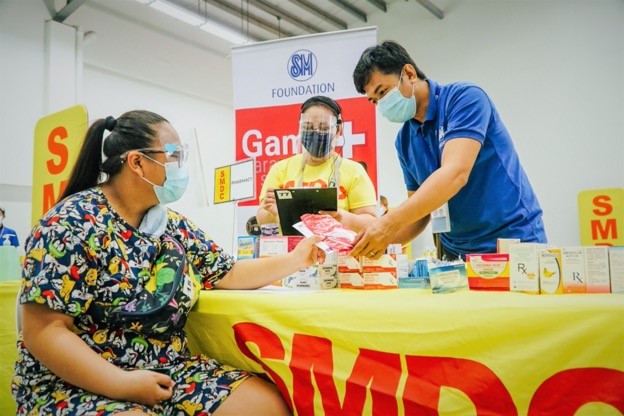Hamilo Coast through its developer SM Prime’s Costa Del Hamilo, Inc. safeguards a 20 hectare mangrove forest
Hamilo Coast through its developer, SM Prime’s Costa Del Hamilo, Inc. safeguards a 20-hectare mangrove forest, the largest of its kind in Nasugbu, Batangas. Together with the World Wildlife Fund...
Friday, April 22, 2022


.jpg)












